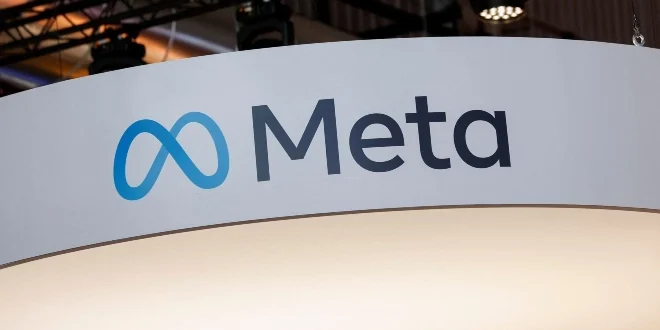The Oversight Board, an independent entity associated with Meta, the parent company of Facebook, has recommended that Meta reverse its earlier decisions to remove two posts related to the Israel-Hamas conflict. These posts, one depicting Palestinian casualties and another an Israeli hostage, were initially removed by Meta for violating content policies on violence, but were later reinstated with warning screens.
Despite reinstating the posts, Meta chose not to promote them on Facebook and Instagram, a decision the Oversight Board disagrees with. The Board criticized Meta’s use of automated tools for removing content that could be crucial in raising awareness about the conflict or documenting potential human rights violations. It urged Meta to retain such content.
This development marks the Oversight Board’s first expedited ruling, which was concluded in 12 days instead of the usual 90. The cases involved are notably impactful: one involved a video on Instagram showing the aftermath of a strike near Al-Shifa Hospital in Gaza City, featuring injured or deceased Palestinians, including children. The other case was a video on Facebook of an Israeli woman taken hostage during the conflict.
Following user appeals, the Oversight Board saw a significant increase in appeals related to the Middle East and North Africa region.
Meta welcomed the board’s decision, acknowledging the balance between expression and safety. Although the board overturned Meta’s original removal of the content, it supported the decision to restore it with warning screens. Meta, having already reinstated the content, doesn’t plan further action.
The Oversight Board also noted that Meta had temporarily heightened the sensitivity of its automated content moderation tools, which increased the removal of non-violating content. As of Dec. 11, Meta had not returned these thresholds to their previous levels.
Meta, previously known as Facebook, established the Oversight Board in 2020 amid criticisms of its handling of misinformation, hate speech, and influence campaigns. The board comprises 22 members from diverse backgrounds, including legal scholars, human rights experts, and journalists. While the board’s specific rulings are binding, its broader policy recommendations are advisory, and Meta is not required to follow them.


